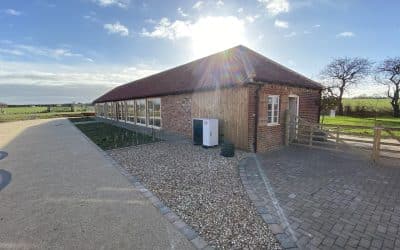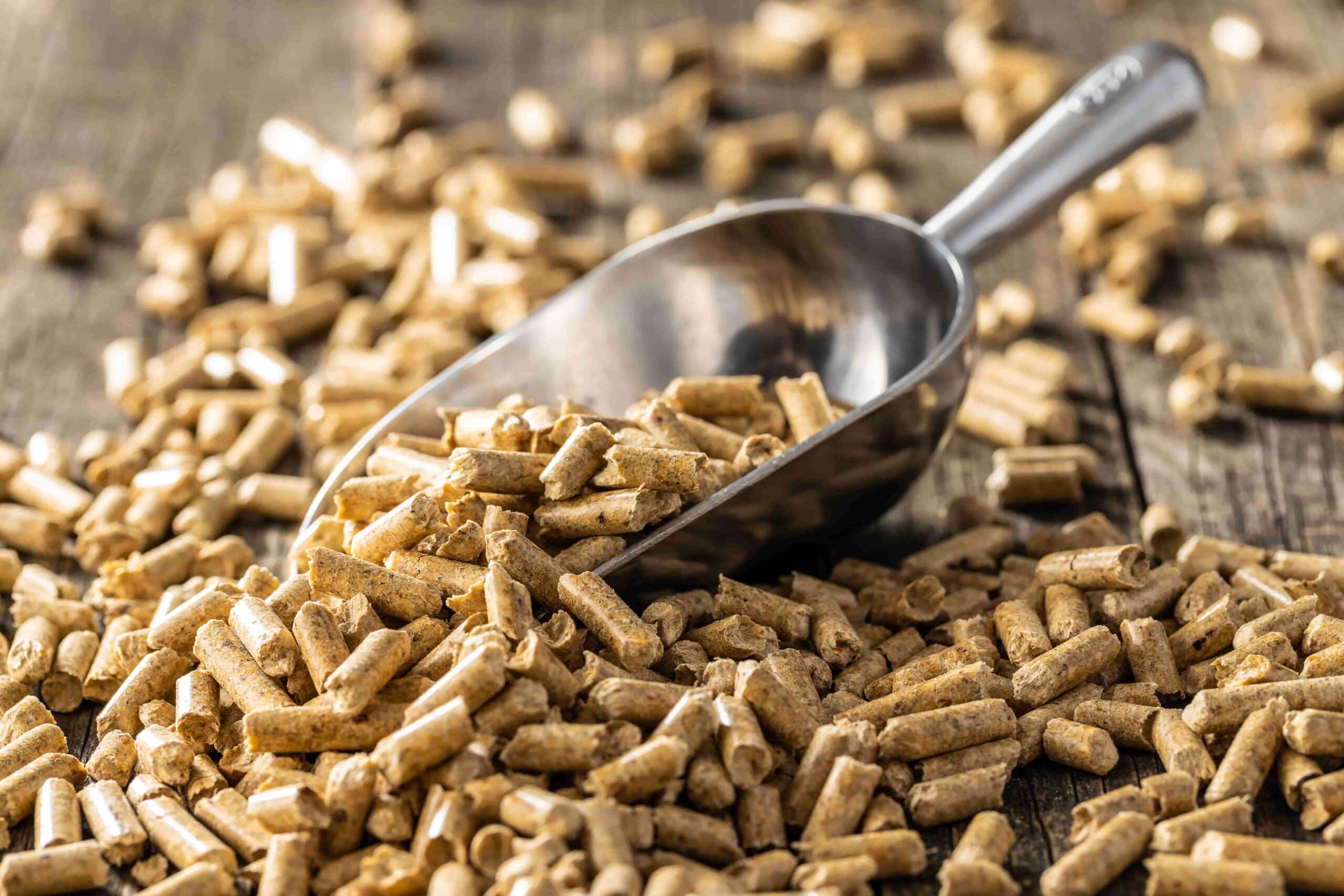In order to encourage more people to invest in renewable heating systems, the government introduced the Renewable Heat Incentive scheme. Once approved under the RHI programme, you can receive financial incentives from the government over a period of seven years as a reward for producing clean energy.
For you to be eligible to claim RHI, you have to make sure that you have a heating system that is approved under the RHI scheme. If you’re planning to invest in a biomass boiler, there are certain things you need to know to ensure that you receive RHI approval.
Read along to know how RHI eligibility works for biomass boilers.
Is your biomass boiler eligible under the RHI scheme?
For RHI approval, your biomass has to be located in England, Wales or Scotland. You have to have an Energy Performance Certificate (EPC) that’s no more than 2 years old with complete details regarding any recent renovation or construction. If your EPC reflects loft and/or cavity insulation, your application for RHI will be rejected till you get this installed.
The RHI scheme is designed to improve existing properties. This means if you install a biomass boiler as part of a new build, it’s very likely that you’ll not be eligible. However, in the case of custom builds, an exception can be made. If the biomass boiler is brand new, it will be eligible. It won’t matter if your pipes and radiators aren’t new as long as the biomass boiler is.
Single and Multiple Properties
You can claim for financial incentives under the RHI scheme for a single domestic property that uses one heating system. If you’re looking to qualify for multiple properties, you won’t be eligible under the domestic RHI scheme. However, you can apply under the non-domestic or commercial RHI. Your EPC will come in handy here if you’re applying under the domestic RHI. The certificate will reflect that your biomass boiler is heating only one EPC location.
MCS Accreditation
Because you need your MCS certificate, you’ll have to call in an installer who has MCS accreditation. The MCS certificate is used to verify the installation date of your biomass boiler. For RHI eligibility purposes, the installation has to take place within the last 12 months. This means that no more than a year can pass between the date of your application and date of boiler installation.
The biomass boiler you install must be designed for space heating for RHI eligibility. While biomass boilers can provide hot water heating as well, that can’t be its sole purpose.
Air Quality Requirements
The biomass boiler you install has to be air quality compliant. This means that the particulate matter (PM) emission has to be below 30gms/gigajoule for the net heat output. Also, the nitrogen oxide (NOx) emission can’t be above 150 gms/gigajoule of the total heat output. To prove that these emissions are under control, you’ll have to ensure that your installation has an RHI Emission Certificate. To claim RHI on your biomass boiler installation, the fuel you use has to be specified on your certificate. This is to ensure that the moisture content doesn’t exceed the listed limits.
Try and keep track of any fuel receipts as Ofgem requires an annual declaration regarding the functioning of your system.
Compliant with ErP Directive
Lastly, your biomass boiler must be in compliance with the ERP or Energy-related Products Directive. This is an intricate structure which enlists compulsory ecological requirements for products in the EU.
To get a free estimate about how much you can earn through RHI payments with biomass boiler installation, click here.
To learn more about RHI payments and renewable energy systems, get in touch with us today.




